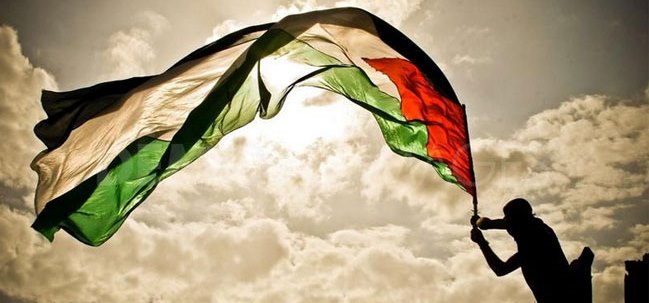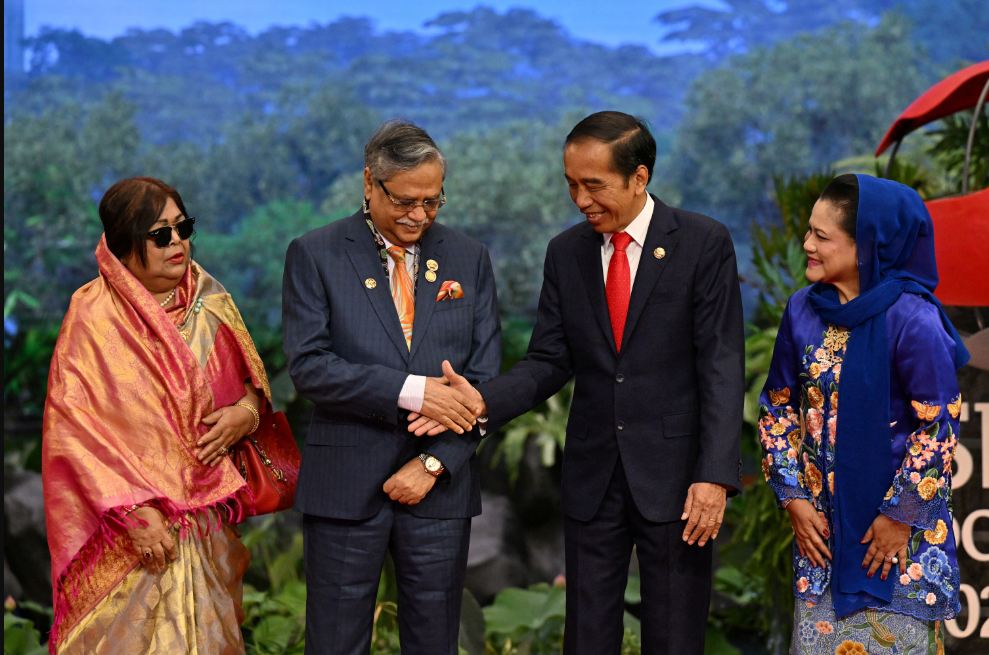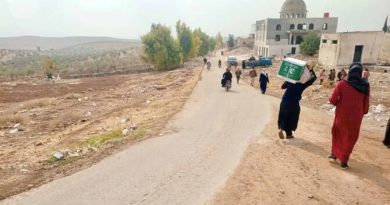Saudi Arabia, EU, Egypt, and Jordan Unite to Revitalize Palestinian-Israeli Peace Process
Riyadh – Saudi Arabia, in collaboration with the European Union (EU), Egypt, and Jordan, issued a joint statement aiming to revitalize the Palestinian-Israeli peace process, as reported by the state news agency SPA on Tuesday.
The meeting, co-chaired by Saudi Foreign Minister Prince Faisal bin Farhan, brought together high-level officials, including Ahmed Aboul Gheit, the secretary-general of the Arab League; Josep Borrell, EU’s high representative for Foreign Affairs and Security Policy; Ayman Safadi, deputy prime minister and foreign minister of Jordan; and Sameh Shoukry, Egypt’s foreign minister. Representatives from nearly 70 countries and international organizations, along with approximately 50 speakers from diverse nations, also attended the meeting.
Prince Faisal emphasized during the gathering that a resolution to the Palestinian-Israeli conflict could not be achieved without the establishment of an independent Palestinian state. He stressed the importance of reinstating the two-state solution as the primary focus, citing the escalating tensions in the occupied territories.
The objective of the meeting was to develop a Peace Supporting Package that would maximize the benefits of peace for both Palestinians and Israelis once a peace agreement is reached. The package aims to outline detailed programs and contributions conditional upon the achievement of a final status agreement, ensuring that all parties in the region can reap the rewards of peace. The effort seeks to make Peace Day a day of opportunity and promise, encouraging earnest endeavors to achieve it.
The joint statement acknowledged the challenges in attaining Israeli-Palestinian peace despite the peace process initiated in Madrid in 1991 and subsequent agreements such as the Oslo Accords that have not been fully honored. It criticized the continuation of the occupation and the resulting complications, which have hindered progress towards a potential agreement. Recognizing the untenable situation on the ground, the statement emphasized the urgency of revitalizing the peace process, particularly in the context of the current volatile international environment.
The renewed effort is based on the imperative need to preserve the Two-State Solution, ensuring the establishment of a viable, sovereign, independent, and contiguous Palestinian state based on the borders of June 4, 1967, as outlined in the SPA report.
The statement highlighted the significance of revitalizing a meaningful peace process to achieve the Two-State Solution in accordance with international law, United Nations Security Council resolutions, the 2002 Arab Peace Initiative, and the 2013 EU peace-supporting offer. It emphasized that neglecting the need for revitalization would be detrimental to the parties involved and the present and future stability of the Middle East.
The Peace Day Effort builds upon the Arab Peace Initiative (API), which outlines the Arab States’ vision for a comprehensive regional peace and its terms and requirements. The API, which calls for full withdrawal from all Palestinian and Arab territories occupied since 1967 in exchange for full normalization, was later endorsed by the Organization of Islamic Cooperation, the European Union, and the United Nations.
Additionally, the Peace Day Effort draws from the 2013 EU offer, which proposed an unprecedented package of political, security, and economic support to both parties in the context of a final status agreement.
During the meeting, working groups were launched to elaborate on the components of the comprehensive Peace Supporting Package. Participants were invited to contribute to these working groups, which will convene at the Special Envoy or Ambassadorial level and benefit from input by experts.
The joint efforts of Saudi Arabia, the EU, Egypt, and Jordan demonstrate their commitment to reinvigorate the Palestinian-Israeli peace process and create a conducive environment for meaningful negotiations. The Peace Supporting Package aims to address the complexities of the conflict and chart a path towards a just and lasting resolution, ensuring regional and international security.



